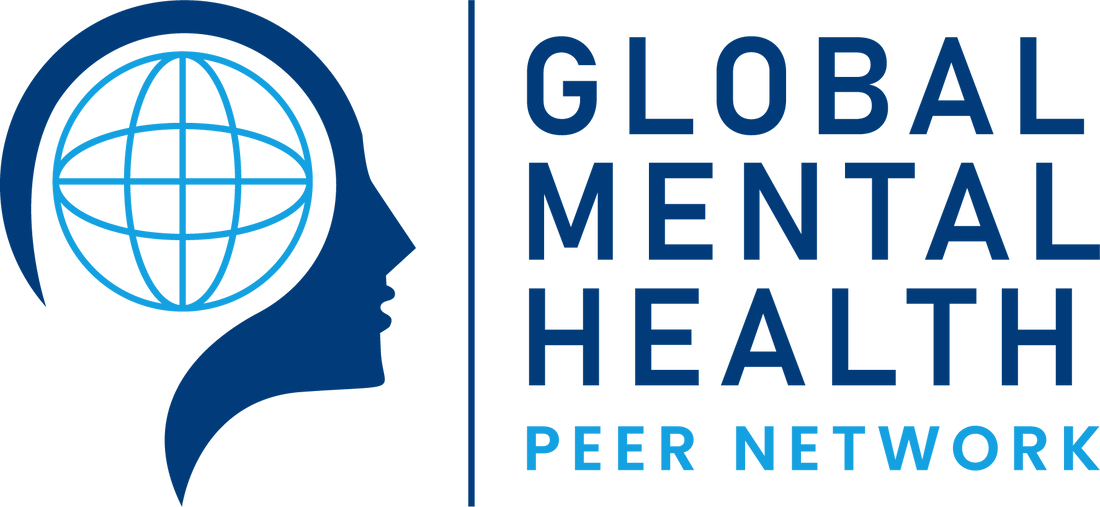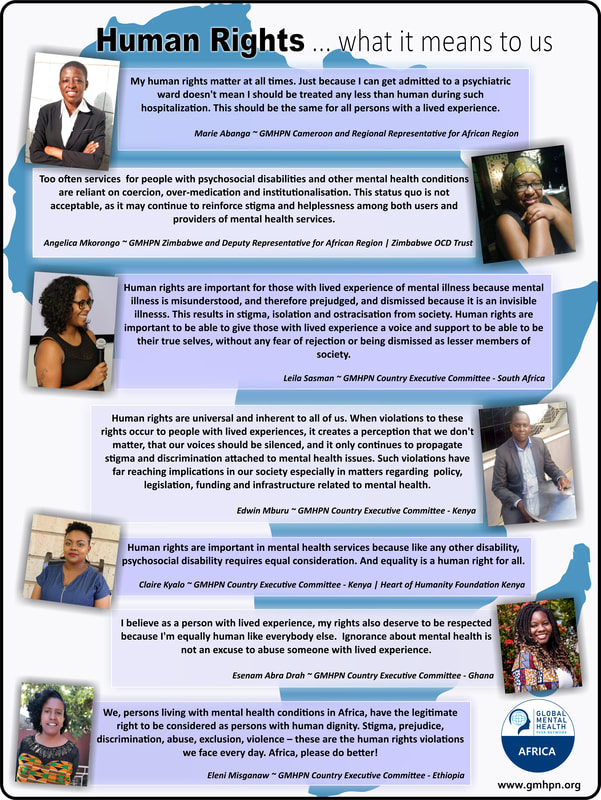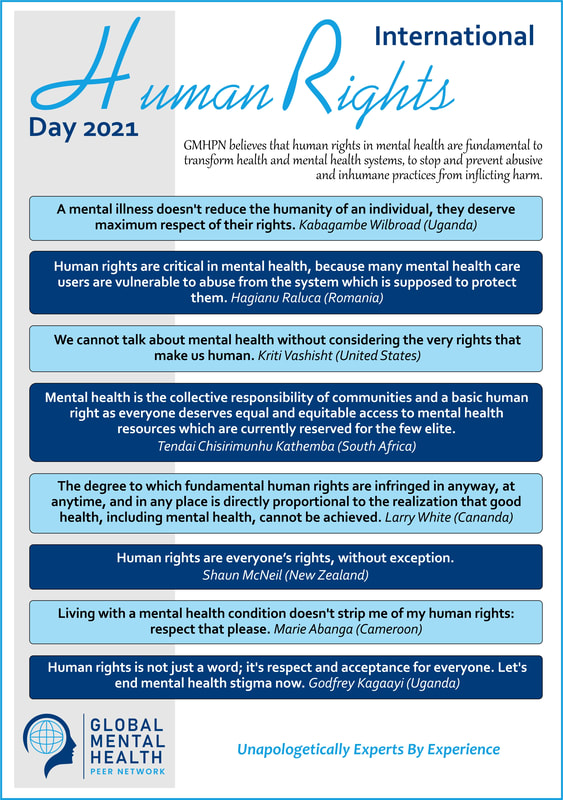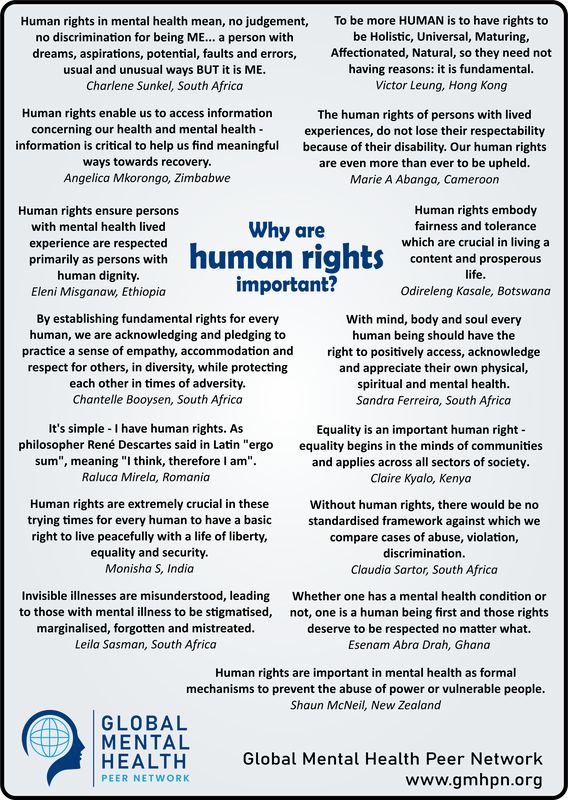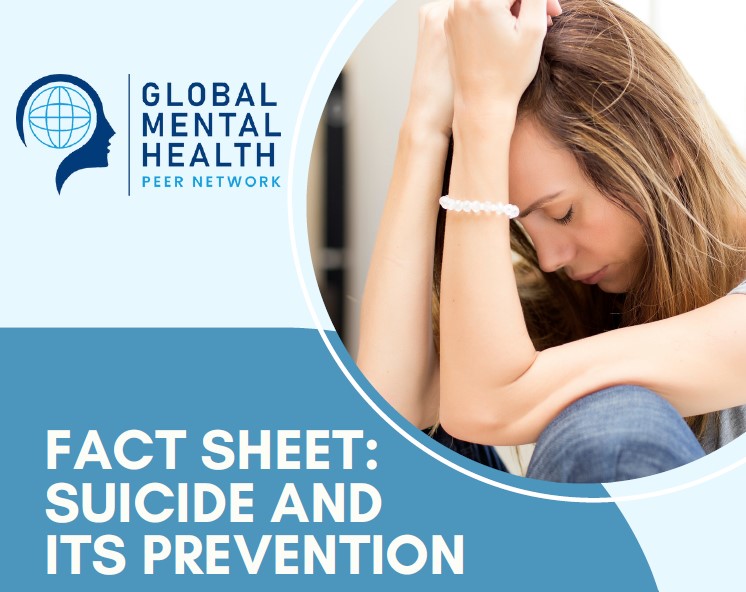Our Publications
Infographics & Fact Sheets
|
This fact sheet explores suicide and its prevention, with insight from existing research and perspectives of the Global Mental Health Peer Network (GMHPN) on the facts, myths, risk and protective factors and warning signs of suicide, as well as suicide prevention, supporting someone at risk, and the response of the World Health Organization (WHO) and the GMHPN.
| |||||||
